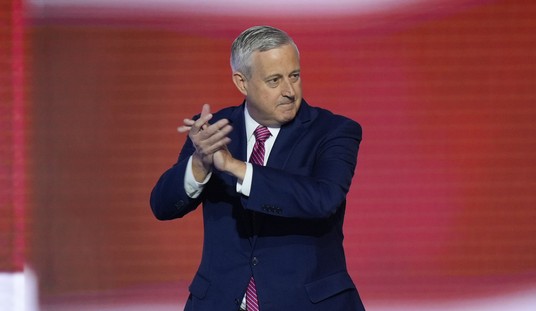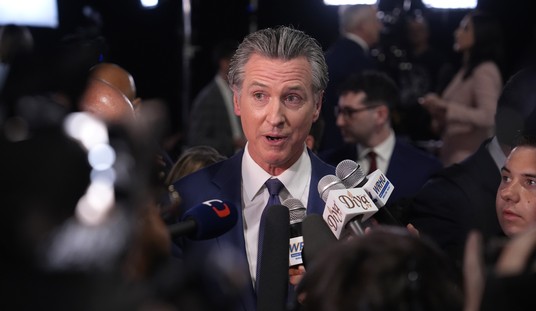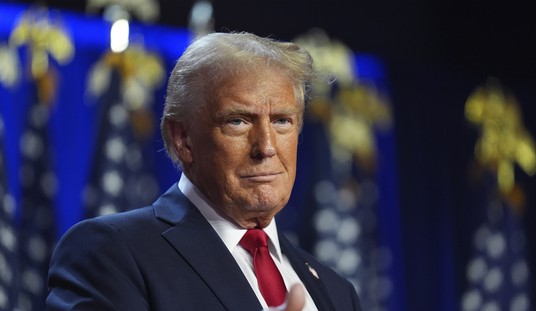LONDON -- Prime Minister David Cameron's largest public test began with a hasty return from an African trade mission. His staff had debated canceling the trip entirely, but decided this would give the appearance of being "besieged." The greater risk was appearing disconnected from the growing News of the World hacking scandal. So Cameron cut short his visit, worked on a statement to Parliament on the plane back to London and arrived late on Tuesday night.
Starting at 7:30 the next morning, Cameron took practice questions from his advisers. His speech to Parliament began before noon. Eventually, he fielded 163 minutes of questions from 136 members of Parliament. It was a grilling to which an American president would never consent -- analogous to a joint session speech, combined with a congressional investigation, both sprung on a moment's notice. But Cameron gave an assured performance -- a successful blend of contrition and defiance.
No prime minister, even tangentially, wants to be involved in a scandal that somehow involves Rupert Murdoch, a private investigator with a criminal past, the resignation of the head of the Metropolitan police, the voice mails of a murdered teenage girl, a suddenly deceased whistle-blower, an arrested newspaper editor and a lawsuit by Jude Law. Under these circumstances, no government could respond, "Move along. Nothing to see here."
But Cameron's role in this mess is tangential. This is mainly a scandal at the wild, ragged edges of the Murdoch media empire, involving the systematic sleaziness of a British tabloid, enabled by indifferent or complicit editors, who may have attempted to cover up wrongdoing. It has also become a major British police scandal, involving bribery and media leaks.
Cameron's direct exposure is his brief employment of Andrew Coulson, the former editor of the News of the World, as his communications director. Coulson had resigned from the newspaper when one of his reporters was convicted of hacking. At the time the incident seemed isolated, so Cameron gave Coulson a second chance. Before being hired, Coulson made assurances that there was no broader scandal. The prime minister, his advisers tell me, is protected by a shield of due diligence. If Coulson lied to secure his job at No. 10 Downing Street, he also lied to police and parliamentary investigators of the hacking incident.
Recommended
The main political problem for Cameron is his appearance of coziness with News International executives, who formed part of his social circle. The rebuttal here is accurate but not particularly reassuring: Former Prime Ministers Tony Blair and Gordon Brown were even cozier with Murdoch's minions. All this snugness is a testimony to the skill of Murdoch's engagement in British politics. Other newspapers are reliably in the pocket of one party or another. Murdoch's papers are the media equivalent of a swing vote. Because their support can go either way, News International executives get special courting from British politicians.
Cameron's advisers seem to understand the long-term risks associated with the current scandal. The British public is in a disillusioned funk, and has been for some time. Before Cameron's election as prime minister last year, seven of 10 Britons agreed with the statement: "People who play by the rules always get a raw deal." Note the "always." Britons broadly believe that both bankers and welfare abusers get all the breaks. This frustration has led to a loss of faith in mainstream politicians and a long-term drift toward fringe parties, which gained about 10 percent of the vote during the last election.
Since becoming prime minister, Cameron has been an impressive budget cutter. He has frozen public salaries, increased education fees and boosted the value-added tax, while convincing most Britons that such austerity is not a choice but a necessity. The crisis of other European economies, particularly Greece, has aided in the job of persuasion.
An austerity agenda, however, does little to address British fears about the fundamental unfairness of their own society. Cameron had planned an emphasis this fall on education and welfare policies that would provide better value for taxpayer money. But a scandal of political, police and media elites with dodgy ethics complicates this message, reinforces the appearance of a rigged system and undermines a return to optimism.
Even if it is not Cameron's scandal, it has become his problem.
Michael Gerson's email address is michaelgerson(at)washpost.com. (c) 2011, Washington Post Writers Group























Join the conversation as a VIP Member